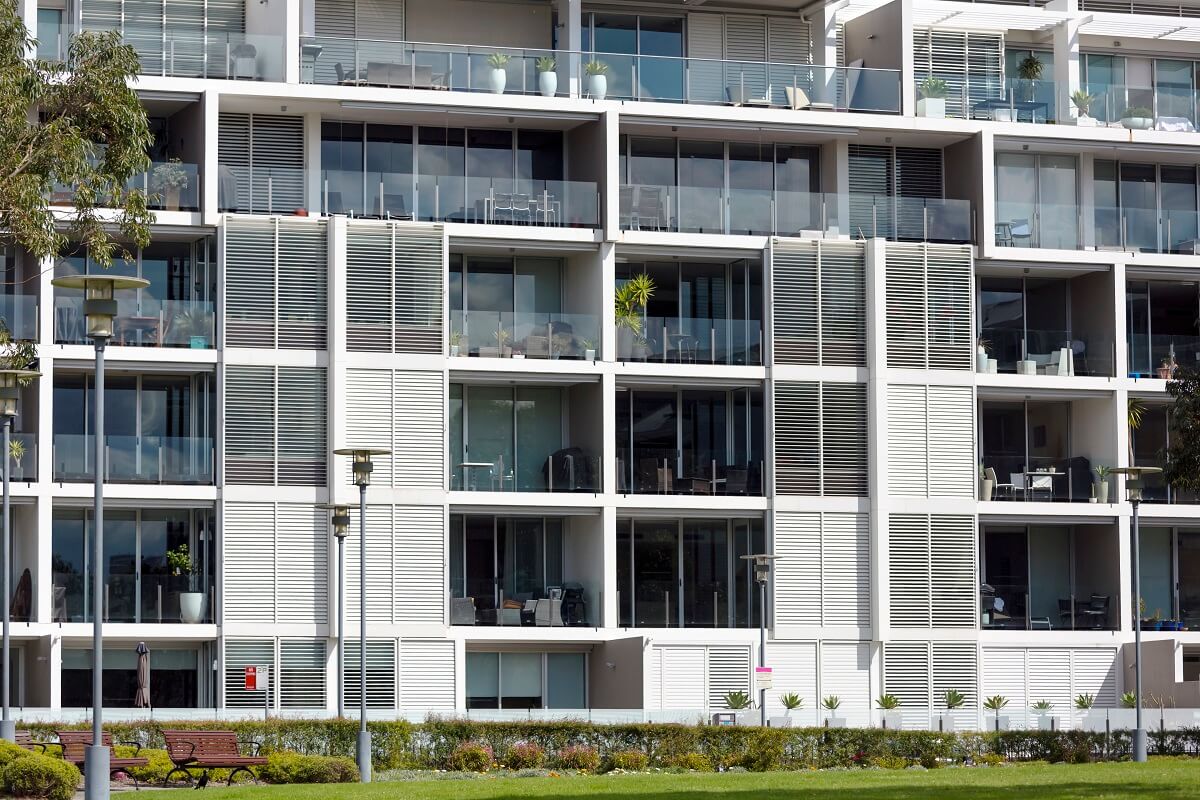Efficiency underpins strata success. With the growth in strata plans showing no sign of slowing, firms are focusing on scaling the number of lots under management and the average lots per staff member.
But behind those numbers, there are people. And in response to COVID-19, every assumption about where those people work, how they collaborate and how teams are structured has been turned upside down. In 2019, Macquarie Business Banking’s benchmarking report revealed 36% of strata staff wanted workplace flexibility so they could work from home, and 37% wanted flexibility in work hours.1
Out of necessity, that flexibility has become a reality. Yet retention is still a major issue. In 2019, the average staff turnover was around 24%.2
“We expect that number will be higher when we next survey the market – particularly in Victoria and NSW given the impact of lockdowns,” says Tim MacKenzie, National Head of Strata – Macquarie Business Banking. “Plus, even if staff weren’t leaving, the industry would still have to find 15 new full-time employees every month just to keep pace with demand.”
Even before COVID-19, businesses that valued employee engagement as key to stability and client experience dramatically outperformed their peers.3 So what are they doing differently today?
Prioritising wellbeing
“People really value working flexibly, and I think that’s here to stay,” says Tim. “The mindset has shifted, and managers are saying productivity has increased – but now they’re worried about burnout.”
Anecdotally, Tim is hearing of increased pressure on strata managers. “They’re looking after people’s homes, and the volume of calls has only grown with so many of those people in lockdown.”
To help employees manage their mental health, some firms are rolling out Employee Assistance Programs with confidential support, or online mindfulness programs.
“For those with teams in lockdown areas, there’s an understanding that people are ‘languishing’4 and they may just need a break,” suggests Tim.
Simple gestures can go a long way to show efforts are valued. “One CEO organised restaurant delivery so everyone could have a family dinner,” he adds. “The surprise element of appreciation has the biggest impact.”
On the plus side, remote meetings have been a massive boost to employees, reducing after hours commitments. And Tim says this also improves client experience. “It’s easier to attend. More lot owners turn up online, so they have more visibility over what goes on – and see the value in their strata manager along with strata levies.”
Re-thinking recruitment and retention
Tim believes firms still haven’t fully realised the potential of cloud technology for remote and hybrid working. “Recruiting people has long been one of strata’s biggest challenges. But there’s a pool of talent in regional areas and other states, and your admin and support staff may not need to have face to face contact,” he suggests.
Strata managers say development and promotion prospects is a major factor in their decision to join or stay with a firm.5 So Tim suggests considering a ‘lattice’ alternative to the traditional career ladder.
“If you are diversifying revenue streams, you could move a senior strata manager horizontally to run a new initiative and invest in their leadership training. People get excited by opportunities to learn – and that might be what prevents them from going out on their own or going to a competitor.”
High performing firms are also more likely to have a collaborative and supportive culture. As the number of tools available to support remote teamwork has exploded, senior leaders are working more closely with junior staff than ever before. Tim says he’s seen firms embrace online whiteboards like Mural, and explore alternatives to email overload by using self-serve portals for lot owners.
“The number one thing to focus on is employees,” says Tim. “It’s important to invest in their training and in horizontal opportunities for development. It’s win-win-win – because this allows businesses to diversify revenue streams, keep their best talent, and provide a consistent client experience.”
To learn more about Macquarie Bank’s specialist strata banking solutions, speak with your Relationship Manager, or request a call.


